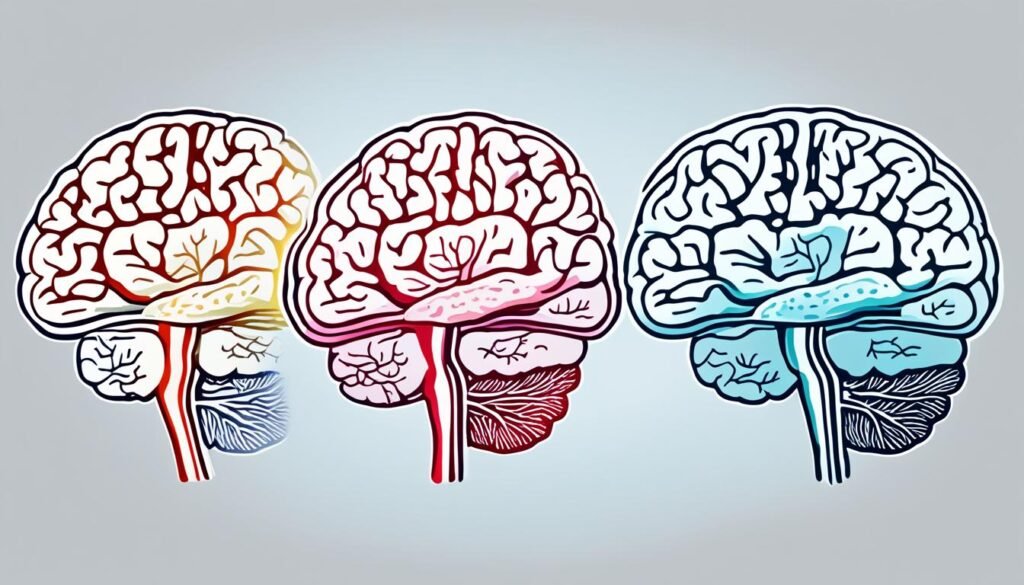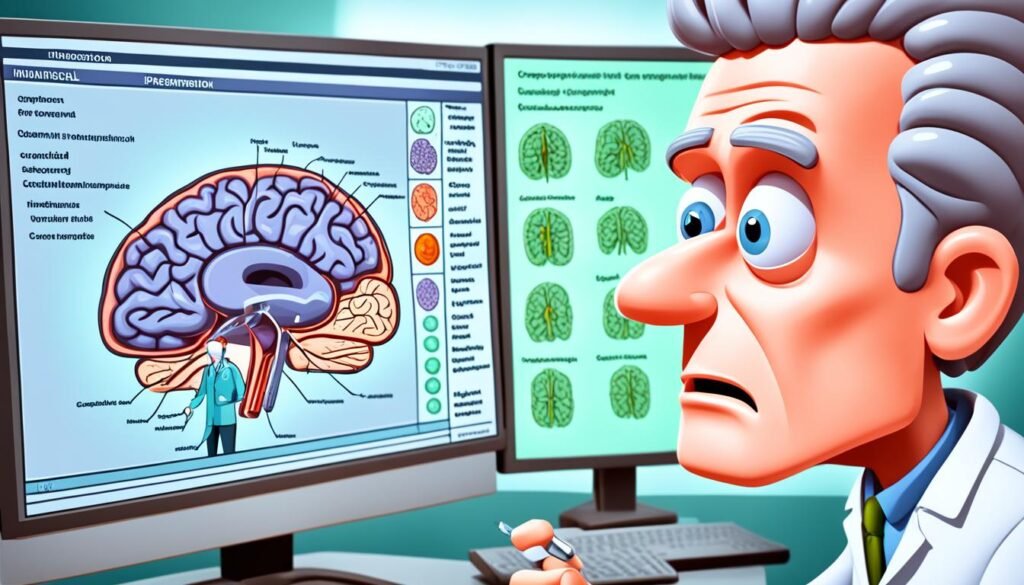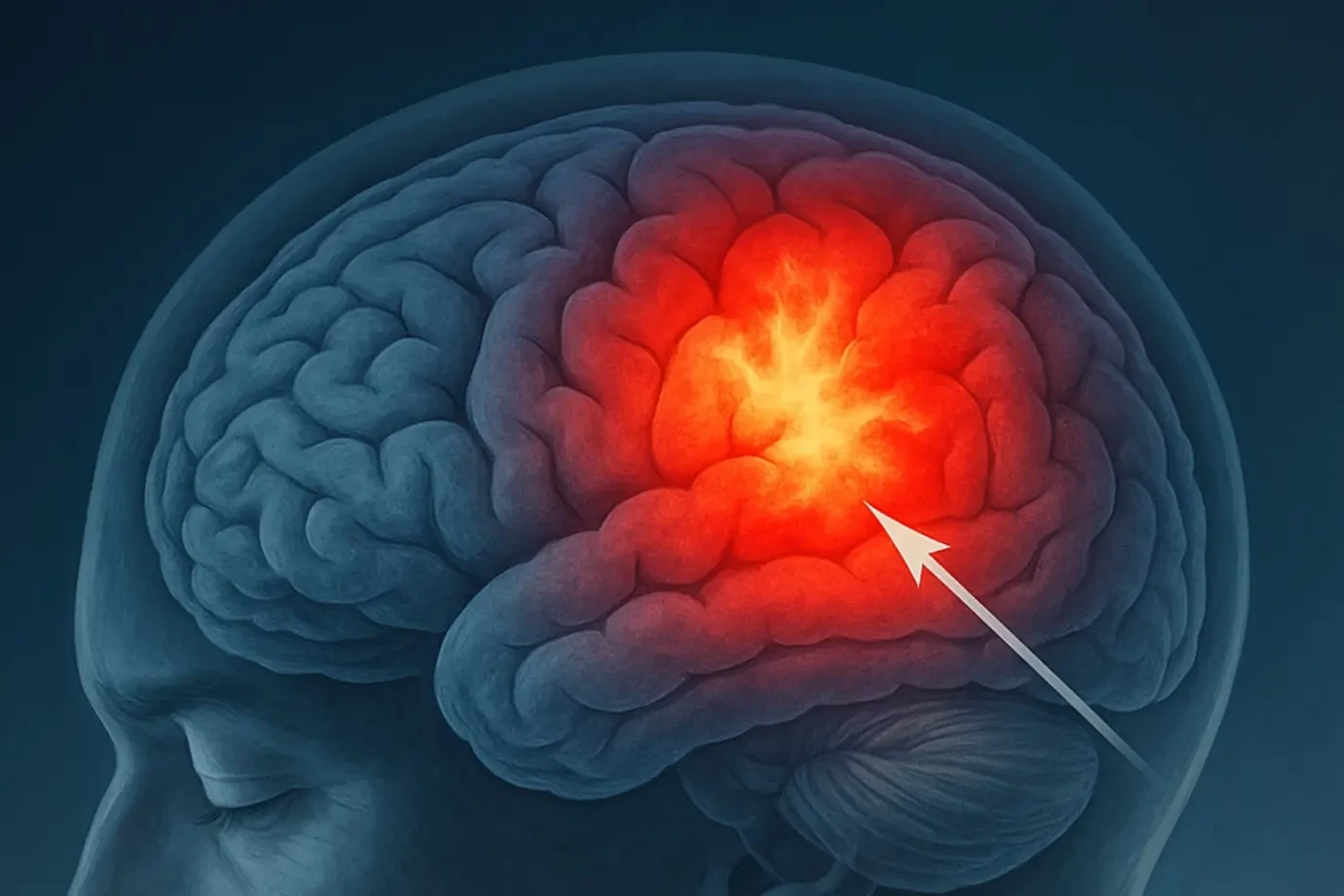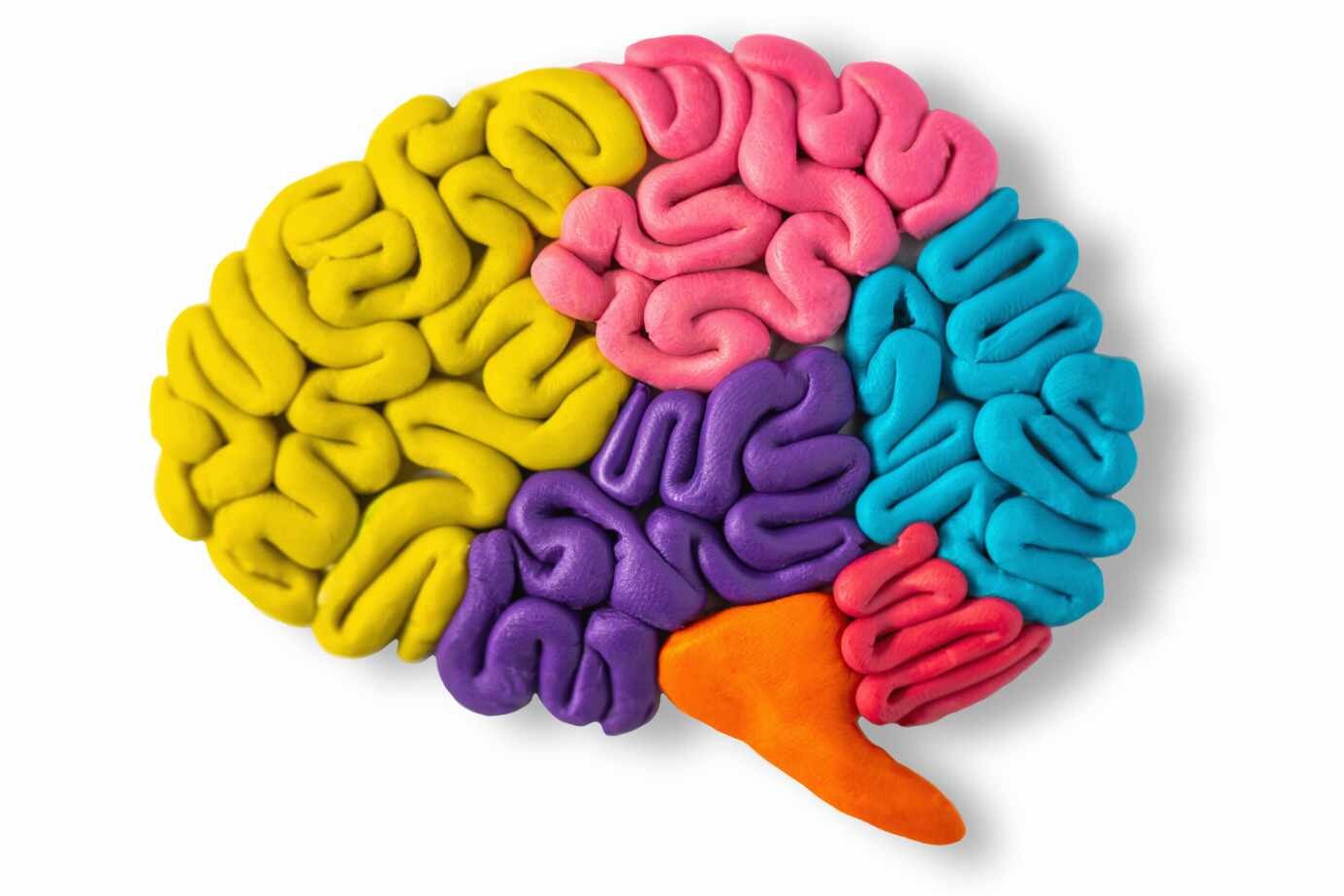If you’re worried about encephalitis, you’re not alone. It’s a serious brain condition that needs quick treatment. Without prompt help, it could cause lasting issues or even be fatal.
Encephalitis makes the brain’s active parts swell. It’s usually due to an infection or a problem with the immune system. This swelling can cause headaches, a stiff neck, light sensitivity, confusion, and seizures. It affects 10-15 in every 100,000 people yearly, with over 250,000 cases in the U.S. in the past ten years. Though anyone can get it, it’s more common in the young.
Knowing what encephalitis means, what leads to it, the signs, and how doctors handle it is very important. This detailed look will help you spot encephalitis and know when to get medical help right away.
Table of Contents
ToggleUnderstanding Encephalitis: Definition and Overview
Encephalitis is a serious brain condition needing quick medical help. It’s when the brain tissues get inflamed, from an illness or the body attacking itself. This swelling can make the brain not work well, causing many problems.
Encephalitis: Inflammation of the Brain
The problem with encephalitis makes the brain swell. This swelling causes issues like bad headaches, not liking bright lights, a stiff neck, feeling mixed up, and shaking. It’s key to know what encephalitis means to spot and treat it fast.
Causes of Encephalitis
Encephalitis mainly comes from two things: a virus or the body hitting its own brain. Virus-related encephalitis happens when a virus goes right into the brain. But sometimes, the body fights its brain parts by mistake. Shockingly, doctors don’t always find out what starts it.
Infectious Encephalitis vs. Autoimmune Encephalitis
If a virus gets in the brain, it can cause the swelling seen in infectious encephalitis. But autoimmune encephalitis happens when the immune system wrongly attacks the brain. It’s harder to figure out what causes this type, making it very tricky.
Symptoms of Encephalitis
The encephalitis symptoms can differ a lot. They often include a headache, being bothered by light, a stiff neck, and not thinking clearly. In some cases, it might start like the flu but then get much worse.
Flu-like Symptoms
If someone has infectious encephalitis, it might start with the flu. This means they could have a fever, cough, and their body might hurt. Soon after, their symptoms might get a lot worse. They could have a stiff neck, be confused, have seizures, not move or feel things right, and have trouble speaking or hearing.
Neurological Symptoms
Over time, someone with encephalitis could see a lot of changes in how they act and think. They might forget things, see or hear things that aren’t there, have seizures, see differently, and have trouble moving their muscles. What symptoms they have depends on what kind they have.
Symptoms in Infants and Young Children
Encephalitis can affect babies and young kids too. They might show signs like their soft spot bulging, nausea, throwing up, and being very fussy. Sometimes, they might also have the same symptoms older people get.
Symptoms of Autoimmune Encephalitis
If they have autoimmune encephalitis, their symptoms might get worse slowly over a few weeks. They might see big changes in how they act, forget things, see or hear things that aren’t real, have seizures, see differently, and have muscle issues. Again, what they go through depends on what kind they have.

What is Encephalitis: Types and Causes
Encephalitis happens when a virus infects the brain or the immune system mistakenly fights it. In 30-40% of cases of encephalitis, doctors can’t find the exact cause. It is important to know about its types and causes for quick diagnosis and treatment.
Viral Causes of Encephalitis
Herpes simplex virus, and others cause viral encephalitis. Mosquito-borne viruses like West Nile and tick-borne viruses like Powassan virus are also viral causes. They can lead to tick-borne encephalitis.
Mosquito-Borne and Tick-Borne Encephalitis
In places with lots of mosquitoes or ticks, mosquito-borne encephalitis and tick-borne encephalitis are more common. Warmer months see more cases due to increased insect activity.
Autoimmune Encephalitis and Paraneoplastic Syndromes
Autoimmune encephalitis means the immune system attacks the brain by mistake. A tumor can sometimes bring this on, called paraneoplastic syndromes of the nervous system. Infections in other parts of the body can also cause it.

Diagnosis and Treatment of Encephalitis
Swift diagnosis and effective treatment are key with encephalitis, which is very serious. Doctors use many tests to figure out what’s going on and how to treat it. This approach saves lives.
Diagnostic Tests for Encephalitis
Your doctor might order some tests to diagnose encephalitis. These could include brain scans, a spinal tap, and an EEG. They also use blood, urine, and stool tests to find the cause, like a virus or immune response.
Treatment Options for Encephalitis
Encephalitis treatment varies by the cause and how severe it is. You might get antivirals, antibiotics, or medicines for seizures. In worst cases, care could include a breathing tube. The right treatment quickly is vital to avoid bad outcomes.
The Role of Rehabilitation
Overcoming encephalitis is tough, but rehab can really help. You work with many specialists to get better. They help with daily life struggles, like being tired, or memory loss. With their support, you can recover fully and live well.

Conclusion
Encephalitis is a serious medical condition. It needs quick attention to avoid lasting problems or death. Knowing the definition, causes, symptoms, and treatments of encephalitis helps. It prepares you to act fast if symptoms show up.
The chance of full recovery improves over time. But, encephalitis is still tough. Many cases have unknown causes. Vaccination and avoiding areas with encephalitis-carrying mosquitoes can help lower its risk.
Keep learning about encephalitis and its details. This way, you can protect yourself and loved ones. Fast diagnosis and the right treatment matter a lot. Supporting research and education is key to better outcomes for those facing this serious illness. Let’s stay informed and proactive.
FAQ
What is encephalitis?
Encephalitis affects the brain and is a serious condition. Quick treatment is key to avoid severe complications or death. It causes the active brain tissues to become inflamed, mainly due to an infection or autoimmune response.
What are the symptoms of encephalitis?
Symptoms can vary. They depend on which part of the brain is affected. But common signs are headache, light sensitivity, a stiff neck, confusion, and seizures. The journey of acute encephalitis can start with symptoms similar to the flu or a headache. This can then progress to changes in mental status and difficulty with thinking, remembering, and reasoning.
What causes encephalitis?
Viral infections and autoimmune conditions can trigger encephalitis. These lead the body’s immune system to mistakenly attack the brain. Despite many tests, the cause is still unknown in 30-40% of cases.
How is encephalitis diagnosed?
Doctors diagnose encephalitis through various tests. These include neuroimaging like an MRI or CT scan, a lumbar puncture to test brain and spinal cord infection signs, and an EEG to check for seizures or abnormal brain patterns. They may also conduct blood, urine, and stool tests to pinpoint the underlying issue.
How is encephalitis treated?
The treatment varies based on the cause and symptoms. It might involve antiviral drugs, antibiotics, immunotherapy, and seizure control medications. In severe cases, patients could need intensive care and support including a breathing or feeding tube. Rehabilitation with specialists is crucial for recovery and regaining function.
Source Links
- https://www.mayoclinic.org/diseases-conditions/encephalitis/symptoms-causes/syc-20356136
- https://www.hopkinsmedicine.org/health/conditions-and-diseases/encephalitis
- https://emedicine.medscape.com/article/791896-overview
- https://www.nhs.uk/conditions/encephalitis/
- https://www.mayoclinic.org/diseases-conditions/encephalitis/diagnosis-treatment/drc-20356142
- https://www.medicalnewstoday.com/articles/168997
About The Author

Medically reviewed by Dr. Chandril Chugh, MD, DM (Neurology)
Board-Certified Neurologist
Dr. Chandril Chugh is a U.S.-trained, board-certified neurologist with expertise in diagnosing and managing neurological disorders, including migraines, epilepsy, Parkinson’s disease, and movement disorders. His clinical focus includes evidence-based neurological care and patient education.
All content is reviewed for medical accuracy and aligned with current neurological guidelines.




